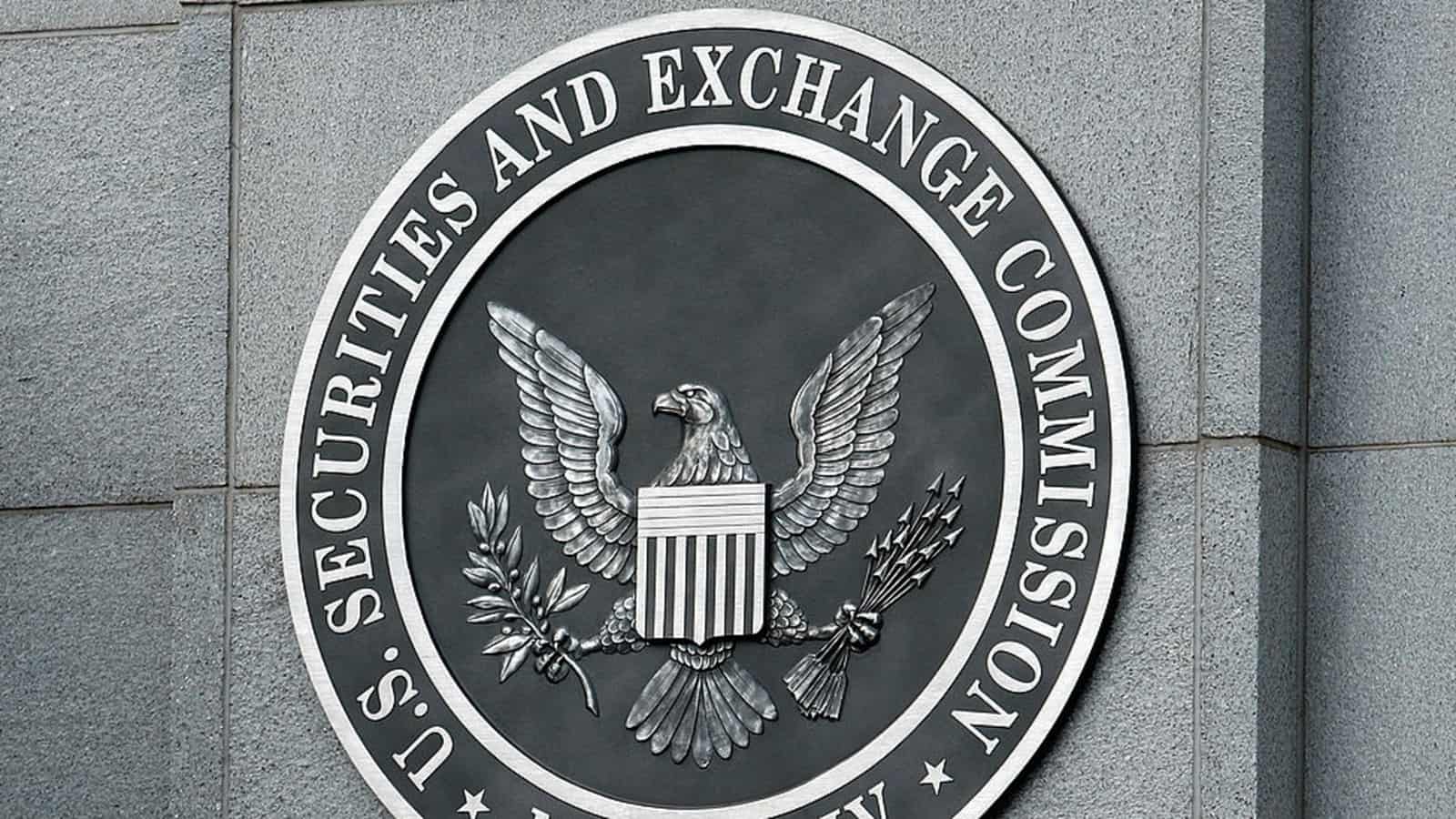SEC Reverses on Proxy Firm Rule

The U.S. Securities and Exchange Commission has made an about-face on commonsense investor protections it adopted last year to provide appropriate oversight of so-called proxy advisory firms—and the NAM is pushing back.
The background: Last year, the NAM won a major victory when the SEC published a new rule to regulate proxy firms, which have significant influence over public company governance decisions and the performance of shareholders’ investments. Now under new leadership, the SEC has so far refused to enforce the rule—and yesterday, the commission issued a new proposal that would wipe out important progress.
What it means: The rule secured by the NAM ensured that investors would have access to more complete and accurate information before casting proxy votes. The SEC’s new proposal would reverse the rule’s requirements that proxy firms engage with public companies—specifically rescinding the provisions mandating that the firms provide copies of their recommendations to impacted businesses and notify investors when those businesses file a response. The new proposal also weakens the SEC’s anti-fraud standards for materially misleading statements published by proxy firms.
A deeper dive: Beyond the rule itself, the action points to larger problems at the SEC.
- Politics over policy: By reversing a rule that had been developed over the course of a decade through leadership from both political parties and with significant input from all sectors, the SEC is undercutting the capital markets’ need for a steady, apolitical regulator.
- Not the first time: Even before yesterday’s rule change, the SEC had unlawfully refused to enforce the existing proxy firm rule. The NAM filed suit last month to force the SEC to abide by laws on the books.
- Arbitrary changes: The 2020 rule was set to take effect on Dec. 1 of this year, so the SEC had no new information about its impact on the market when it voted to reverse course—raising serious questions about the commission’s compliance with the Administrative Procedure Act’s prohibition on “arbitrary and capricious” rulemaking.
Next steps: The NAM is challenging the SEC’s nonenforcement of the 2020 rule in court, and we will continue to hold the SEC’s feet to the fire. We will also engage with the SEC on its new proposal and will push back on the commission’s attempts to remove these critical investor protections.
What we’re saying: NAM Senior Vice President of Policy and Government Relations Aric Newhouse released a statement on the SEC’s about-face: “The NAM is extremely concerned that the SEC has proposed substantial revisions to last year’s reasonable, light-touch proxy advisory firm rule—especially absent any new information about its impact on the market. Businesses and investors need reliable rules of the road, and the NAM is disappointed that the SEC plans to reverse course on a decade’s worth of bipartisan, consensus-driven policymaking just a year after the rule’s reforms were finalized. The SEC’s about-face is deeply troubling, but manufacturers continue to support appropriate oversight of proxy firms given their conflicts of interest, errors and outsized influence. The NAM looks forward to engaging with the SEC to defend the rule’s commonsense investor protections in the coming months.”
What they’re saying: Don’t take our word for it; check out this in-depth examination from professors Paul Rose and Christopher J. Walker at The Ohio State University Moritz College of Law, who explore the policy and legal concerns around the SEC’s actions.
